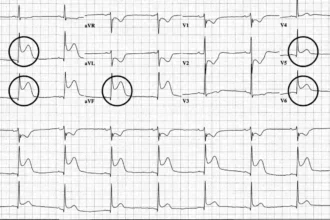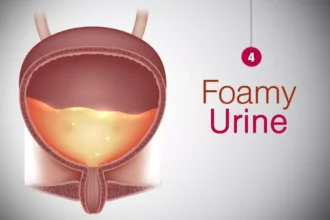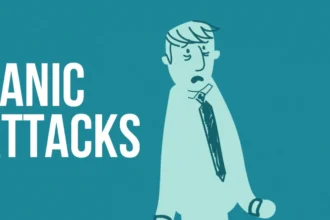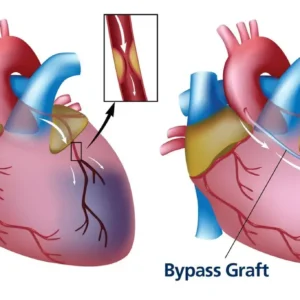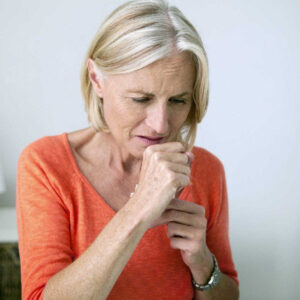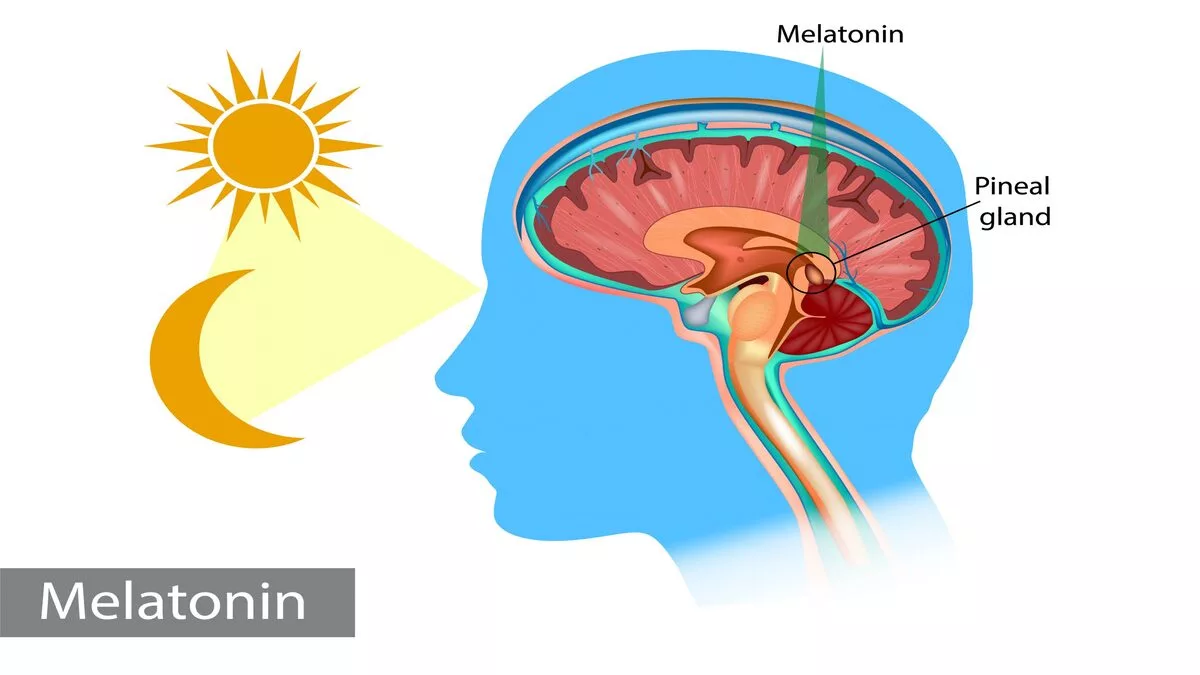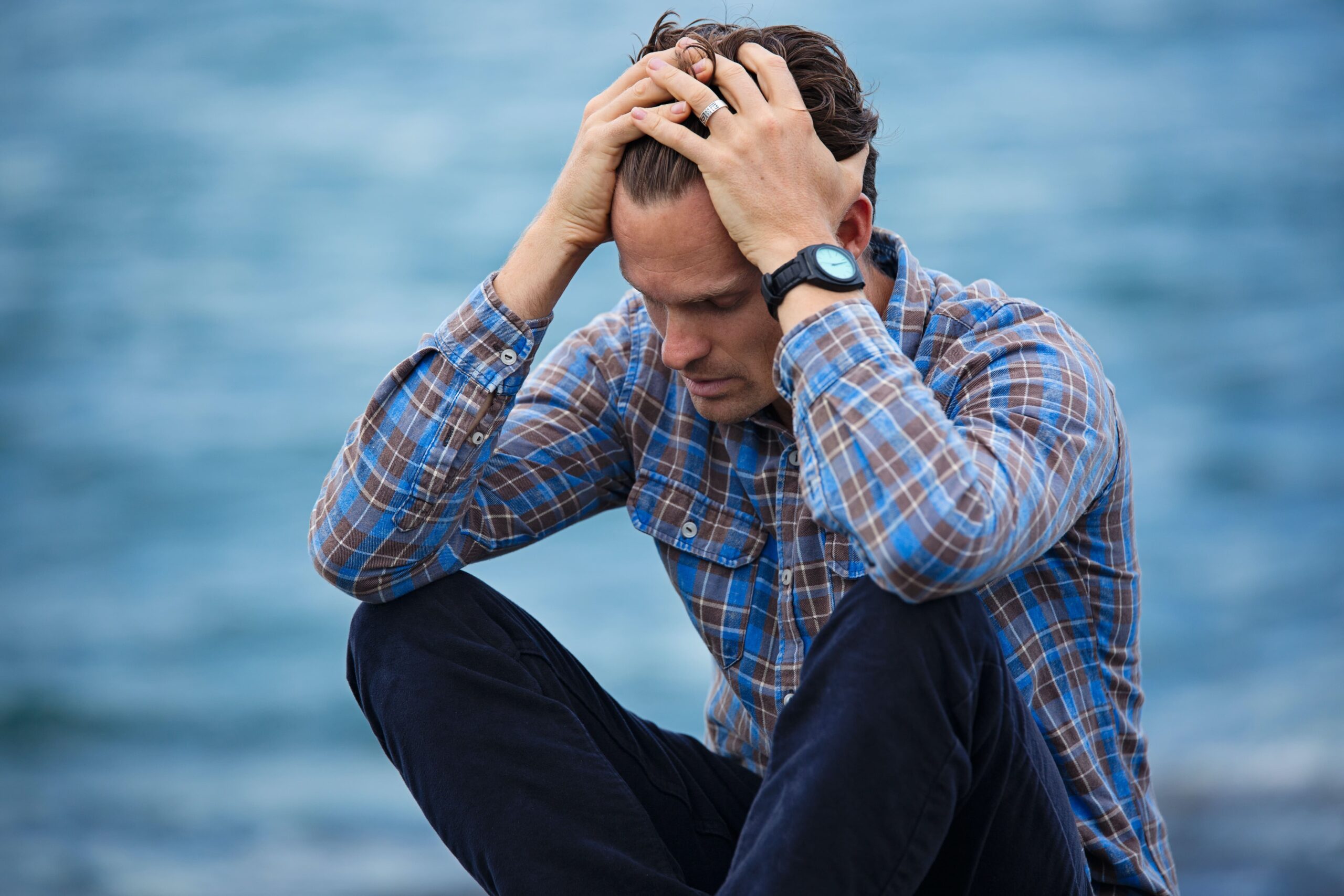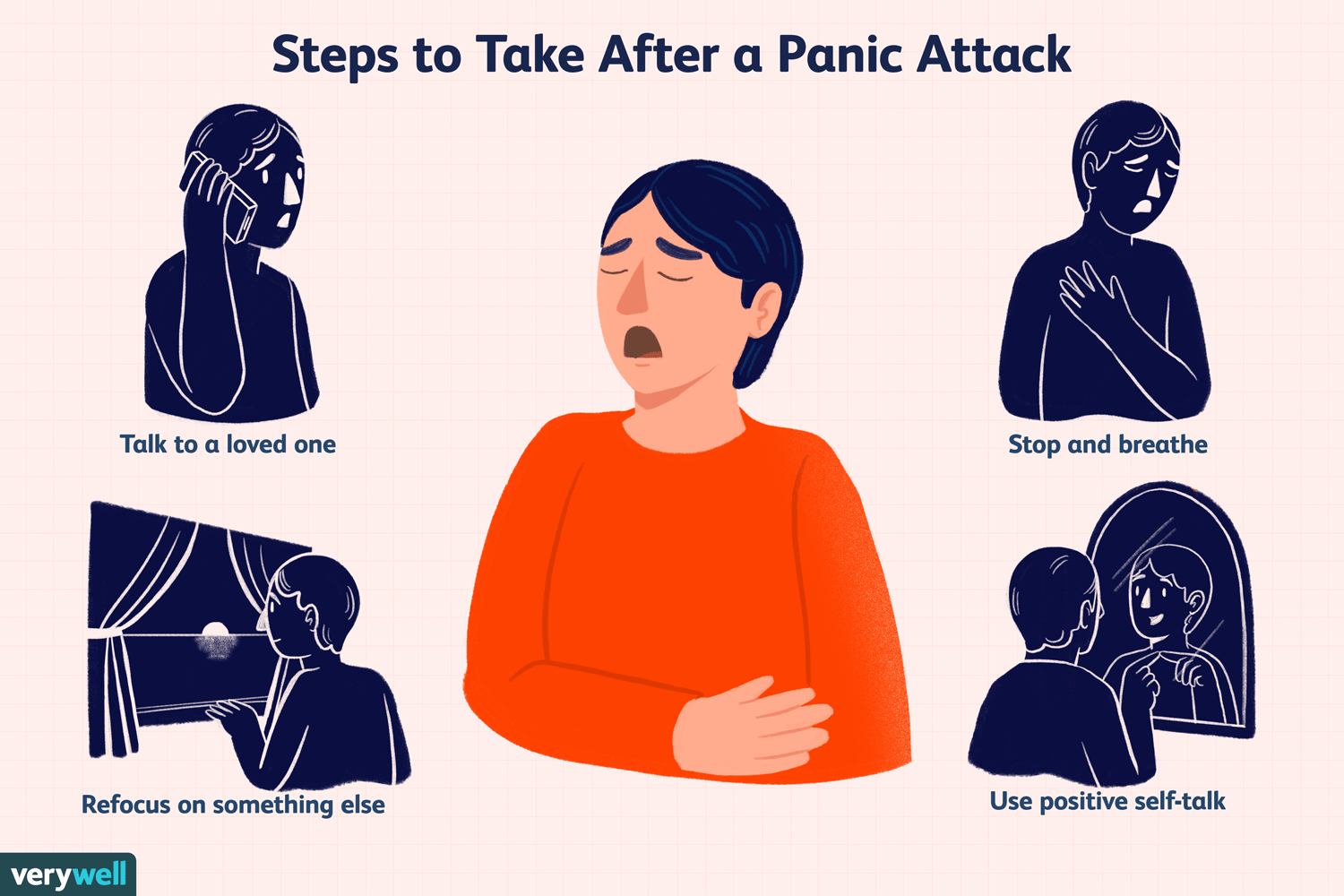Tap into the power of acupressure for anxiety and panic attacks. Explore this age-old technique’s modern applications to find relief in today’s hustle and bustle.
Everyone experiences episodes of stress and occasional lapses in mental well-being, but persistent depression or anxiety can be incapacitating.
A significant section of Americans, irrespective of their socio-cultural backgrounds, battle these conditions. According to the 2017 National Survey on Drug Use and Health, about 17.3 million adult Americans had a major depressive episode in their lifetime. Anxiety disorders, even more widespread, affect approximately 40 million adults in the country. Luckily, acupuncture and “Acupressure for anxiety and panic attacks” have shown remarkable success in alleviating these challenging mental health conditions, minus the side effects of pharmaceutical interventions.
Understanding the Impact of Stress and Anxiety
Understanding the Impact of Stress and Anxiety on Your BodyLife’s challenges naturally provoke stress, a physical response that can enhance productivity or sharpen focus when occurring in moderate levels. However, when stress escalates, it can detrimentally impact your quality of life. Persistent or high level stress and anxiety could potentially lead to health issues like headaches, insomnia and low energy, disrupting your day-to-day activities. Fortunately, Acupressure for Stress and Anxiety serves as a non-invasive approach to mitigate this stress, improving your overall health significantly.
Acupressure for anxiety and panic attacks
acupuncture and acupressure also stimulate the release of endorphins, enhancing the body’s ‘feel-good’ neurotransmitters. Regular exercisers will be familiar with the rush of positivity stemming from endorphin release. These endorphins do not only alleviate pain perception, but they also bestow a euphoric mental effect, often referred to as a “natural high.” Acupuncture and Acupressure for Stress and Anxiety, whether administered by a professional or self-administered, can initiate this effect.
Addressing Mental Health Disorders Holistically
Depression and anxiety respond best to well-rounded treatments. However, it’s crucial to consult a mental health practitioner or primary care physician before adjusting any prescribed treatment plan. Avoid abruptly discontinuing antidepressants or anti-anxiety medications without proper medical guidance, as the side effects can be hazardous if not managed correctly. ”Acupressure for Stress and Anxiety” provides a reliable and time-tested alternative if you’re seeking a drug-free method to alleviate the burdens of depression and anxiety.
A study by the University of York, England in 2013 witnessed a “significant reduction in symptoms of depression” in subjects who received acupuncture alongside their regular mental health care. The Anxiety and Depression Association of America also acknowledges acupuncture as a complementary health practice for anxiety and depressive disorders.
So, how does Acupressure for Stress and Anxiety work? The answer lies in the TCM belief that your spiritual balance is significantly influenced by the heart, lungs, liver, spleen, and kidneys. For instance, the lungs are connected to feelings of grief, and balance in the lungs allows us to process and eliminate grief, much like air. If the lungs are unbalanced, feelings of grief can become overwhelming and persistent. By unblocking your body’s energy pathways, “Acupressure for Stress and Anxiety” helps these organs regain balance, bringing harmony to your physical and emotional state
Exploring Acupressure for anxiety and panic attacks Mitigation
What does acupressure involve?
For many years, traditional Chinese medicine has relied on the strategic technique of acupressure, a needle-free sibling of acupuncture. This involves a practitioner applying gentle pressure at specific points on the body with the aim to reduce symptoms including pain, nausea, and most importantly, stress and anxiety. While acupressure for stress and anxiety is an effective complementary method, it doesn’t replace regular medical treatments or emergency care. Instead, it pairs well with your current therapies and treatment plans. Interestingly, the labels for the pressure points may not always coincide with the actual spot on the body; these points are frequently named after organs, such as the stomach and liver.
Safety of Acupressure
The use of acupressure for stress and anxiety, whether on an adult or a child, is considered safe, accompanied by very minimal hazards. However, specific pressure points should be avoided during pregnancy. For further information, please refer to the detailed instructions for individual sites.
Risk Factor of Acupressure
Generally, the risks associated with acupressure for stress and anxiety are minimal for both adults and children. The pressing action should be soft and light, as intense or hard pressure is not advised. Overexertion may lead to skin bruising and pain.Procedure for Acupressure
Acupressure is versatile in that it can be performed on your own body or on another individual. Don’t be overly concerned about pinpointing the precise location; achieving relief is still possible even if you’re just near the intended acupressure point.
To execute acupressure for stress and anxiety most effectively:
- Enter a state of relaxation, eliminating any distractions, and take a few deep breaths.
- Apply gentle, intuitive pressure to the specific points. Feeling pain indicates that the pressure is too intense, at which point you should ease off to avoid bruising.
- Implement the 5-point method which involves holding each point for 1 minute.Refer to page 2 for detailed instructions.
The following details outline how you can alleviate stress and anxiety utilizing “Acupressure for Stress and Anxiety.” Stress and anxiety often manifest as intense feelings of worry or fear.
Acupressure, a specialized form of massage, utilizes techniques inspired by traditional Chinese medicine’s acupuncture. Acupressure essentially involves applying pressure to key areas on your body, known as acupoints, crafted to relieve tension.
Stimulating these specific acupoints aids in muscle relaxation and boosts your blood circulation. This simple yet effective therapy also helps alleviate numerous side effects commonly associated with chemotherapy.
Acupressure for anxiety and panic attacks – Instructions
You can effortlessly apply “Acupressure for anxiety and panic attacks” from the comfort of your home by pressing distinct acupoints using your fingers. Follow the instructions below to master the art of self-acupressure designed to alleviate stress and anxiety.
Extra-1 otherwise known as Yin Tang is a crucial acupressure point. Nestled at the center between your eyebrows (refer to Figure 1), targeting this point can effectively mitigate stress and anxiety.
Figure 1 illustrates the center point between the eyebrows. However, keep in mind not to apply acupressure at this spot if:
- The skin around the area is flaky or blistering.
- There is an open wound or a rash in the vicinity.
- The region presents symptoms of inflammation such as redness, swelling, warmth, or showing signs of infection such as pus. To detect the Extra-1 point, adopt a comfortable posture while sitting, standing, or lying down. Utilizing any hand, position your thumb right at the center between your eyebrows. This central spot is pressure point Extra-1. If you encounter difficulty while pinpointing it, ensure that your thumb rests on your forehead, not your nose bridge.
Press down on this acupoint using your thumb, moving it in circular motion while maintaining the pressure. Continue for 2-3 minutes, moving either in a clockwise or anti-clockwise direction. You may use your index finger if thumb usage is uncomfortable.
Apply firm yet gentle pressure – it shouldn’t cause discomfort. Occasional aching or tenderness may be present but avoid triggering pain. If the sensation turns painful, it’s a sign that you’re pressing too hard. Repeat this process several times a day until symptoms subside.
Acupressure for Stress and Anxiety can be considered a complementary treatment, which can seamlessly work alongside your conventional cancer treatments to alleviate symptoms.
Related post: Can anxiety cause coughing attacks




